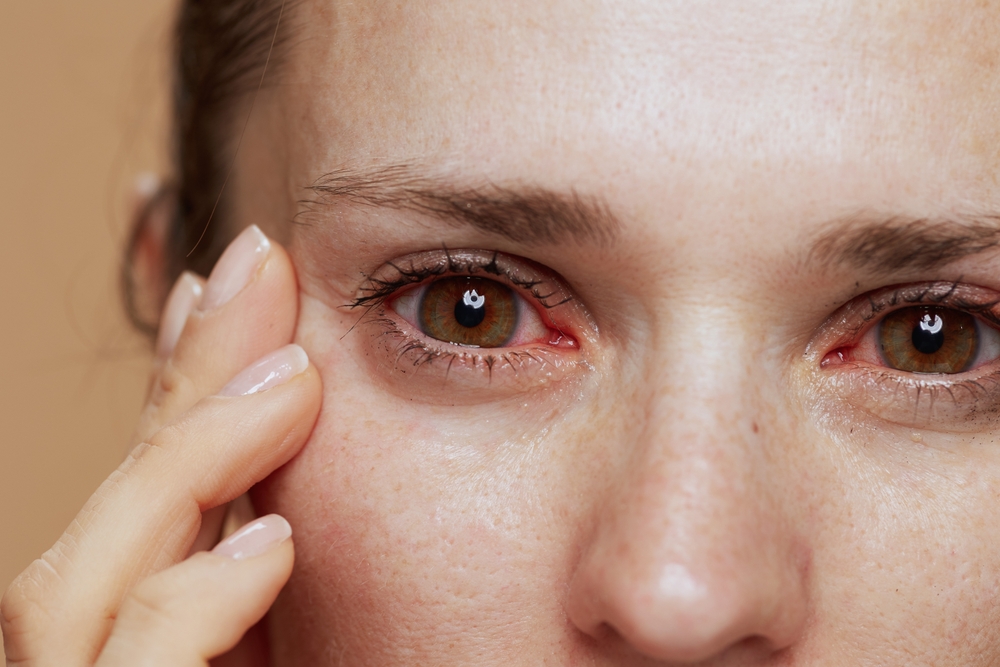
When it comes to your vision, acting quickly during an emergency can make all the difference in protecting your eye health. Many eye problems may seem minor at first, but delaying care can lead to permanent vision damage. Knowing how to identify common eye emergencies and understanding the right steps to take can help you preserve your sight.
Sudden Loss of Vision
If you experience a sudden decrease or complete loss of vision in one or both eyes, treat it as a medical emergency. Sudden vision loss may signal a retinal detachment, stroke, optic nerve damage, or a blocked blood vessel in the eye. These conditions can progress rapidly and lead to permanent vision loss if left untreated. Even if your vision comes back after a few minutes, it could be a warning sign of a more serious issue, such as a transient ischemic attack or other vascular problems. Immediate evaluation by an optometrist is crucial to protect your sight and overall health.
Eye Trauma or Injury
Accidents involving the eyes can happen anywhere. Injuries from flying debris, sharp objects, chemical splashes, or blunt force can cause damage to the cornea, lens, or retina. Even injuries that appear minor at first can lead to infection, scarring, or vision loss if untreated. If you experience swelling, bleeding, or changes in vision after an injury, avoid touching your eye and get a professional evaluation immediately.
Flashes, Floaters, or Curtain-Like Shadows
Your eyes may naturally have a few floaters, but a sudden surge in floaters or bright light flashes can indicate a serious problem. These symptoms, especially if accompanied by a dark curtain moving across your vision, are classic signs of retinal detachment or retinal tear. Without prompt treatment, the retina can fully detach, causing irreversible blindness in the affected eye. Contact your optometrist right away if you notice these warning signs.
Severe Eye Pain or Redness
While mild eye irritation may result from dryness or allergies, severe pain, persistent redness, or swelling should never be ignored. These symptoms may be linked to eye infections like keratitis, uveitis, or conjunctivitis, or to more urgent conditions such as acute angle-closure glaucoma, which can lead to rapid vision loss. Accompanying symptoms like headaches, nausea, or sensitivity to light indicate that the problem could be severe and needs immediate professional care.
Foreign Objects in the Eye
Dust or small particles can usually be flushed out with tears or clean water, but larger or embedded objects require urgent medical attention. Attempting to remove a foreign object yourself can scratch the cornea or push the object deeper, worsening the injury. Instead, keep your eye closed or cover it lightly without applying pressure, and seek immediate care.
How to React to an Eye Emergency
When an eye emergency occurs, every minute counts. Follow these steps to protect your vision:
Avoid Touching or Rubbing the Eye: Rubbing can worsen injuries or scratches.
Flush Chemicals Immediately: If chemicals get into your eye, rinse with clean water for at least 15 minutes and seek care right away.
Do Not Remove Embedded Objects: Cover the eye gently and head to the nearest optometrist or emergency center.
Call Your Optometrist as Soon as Possible: Early evaluation and treatment can prevent permanent vision loss.
Your optometrist is trained to diagnose and treat urgent eye conditions, determine if you need specialist care, and provide treatments that protect your sight. Ignoring symptoms or delaying care can lead to complications, including permanent vision damage.
Protect Your Sight with Prompt Care at Designer Optical of Parkchester
Recognizing the signs of an eye emergency and knowing how to respond can save your vision. Whether it’s sudden vision loss, eye trauma, or severe pain, timely action makes all the difference.
If you experience any symptoms of an eye emergency, contact Designer Optical of Parkchester right away to schedule an urgent appointment. Visit our office in Bronx, New York, or call (347) 507-3166 for further guidance.






